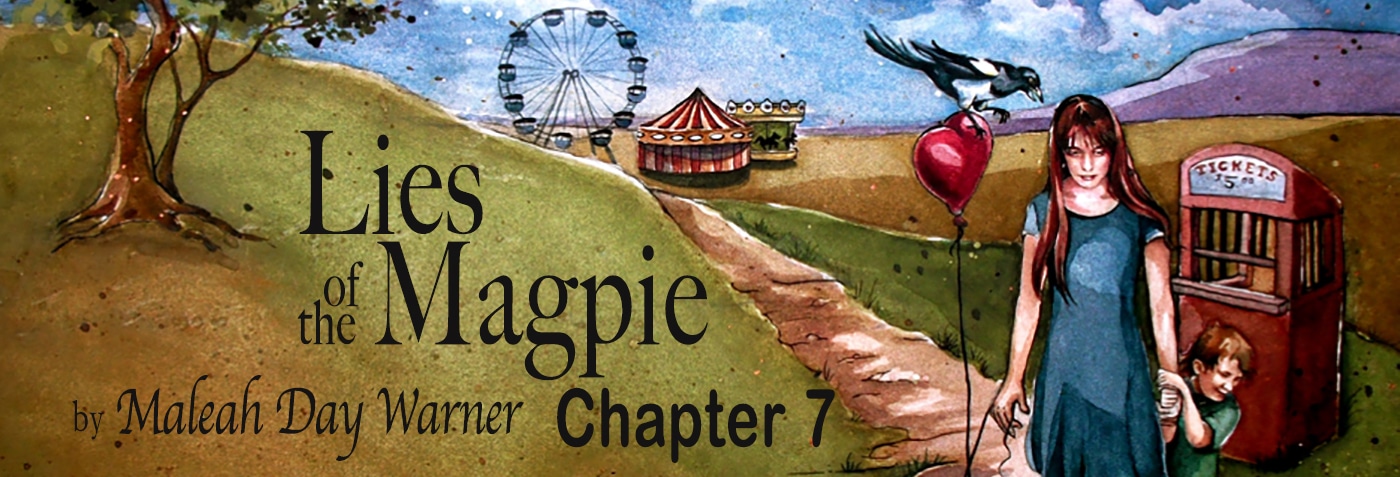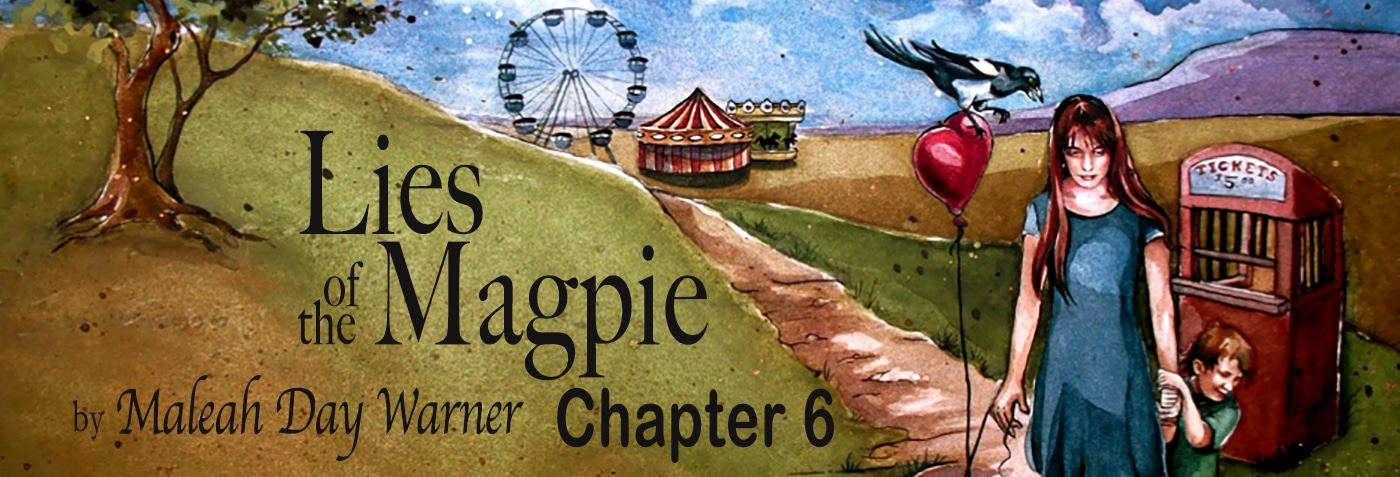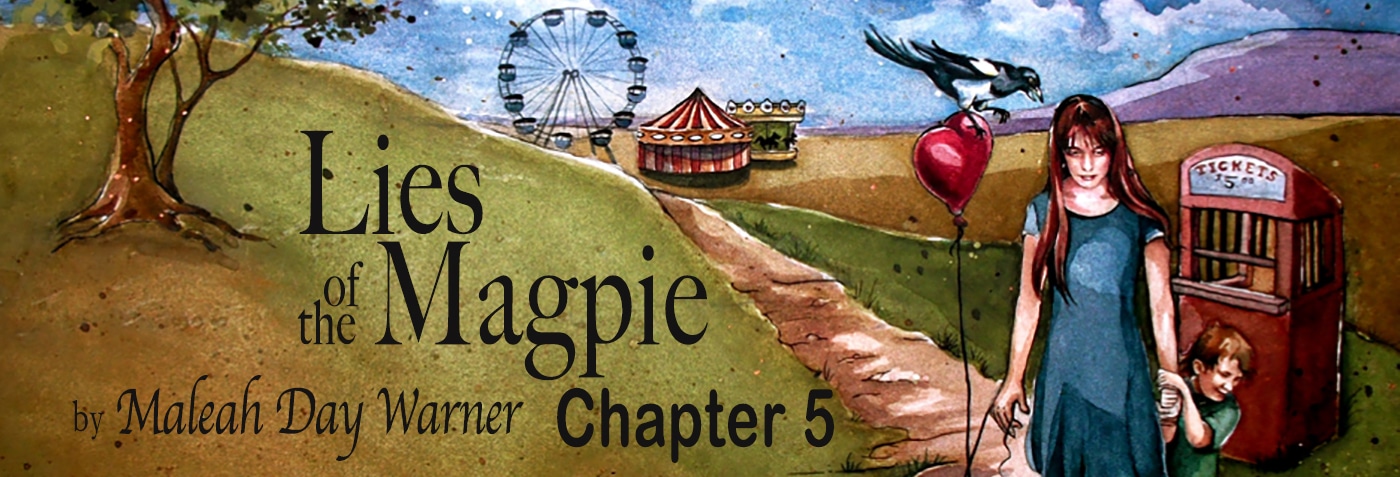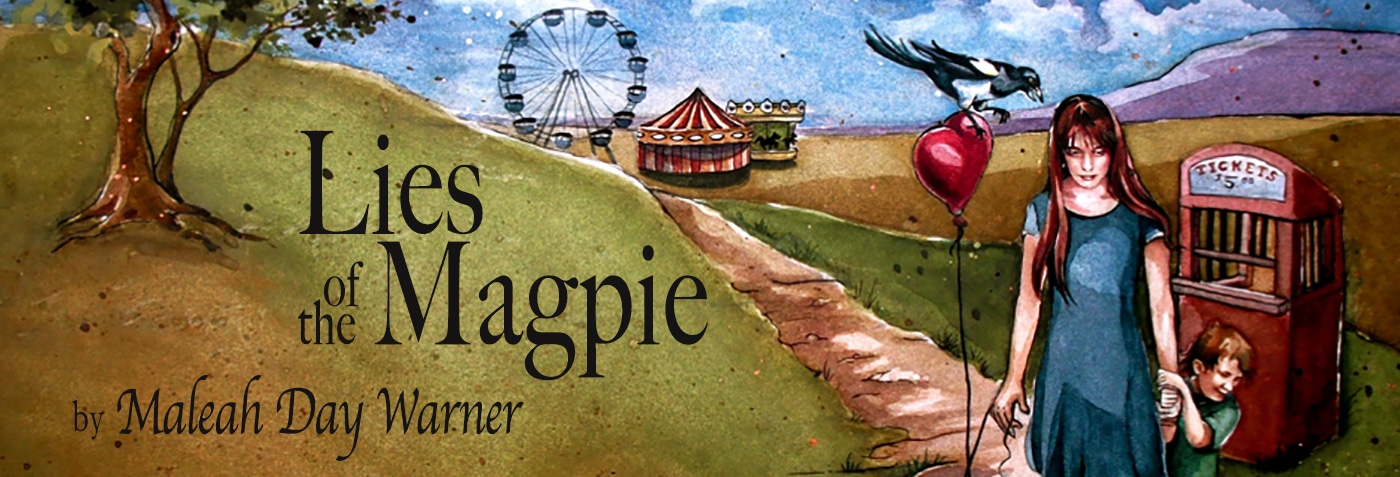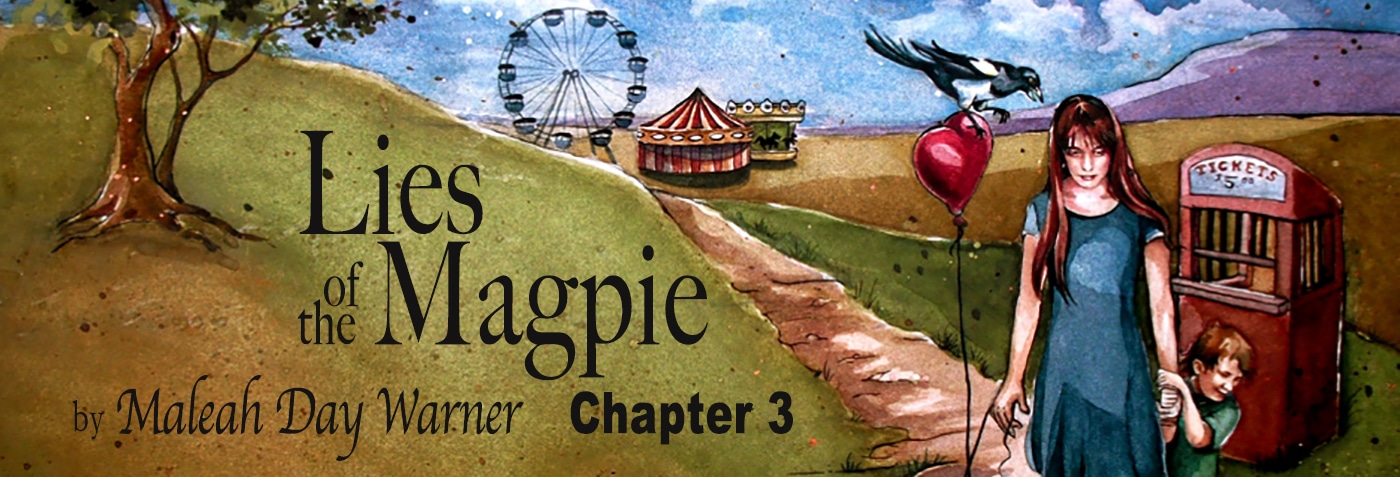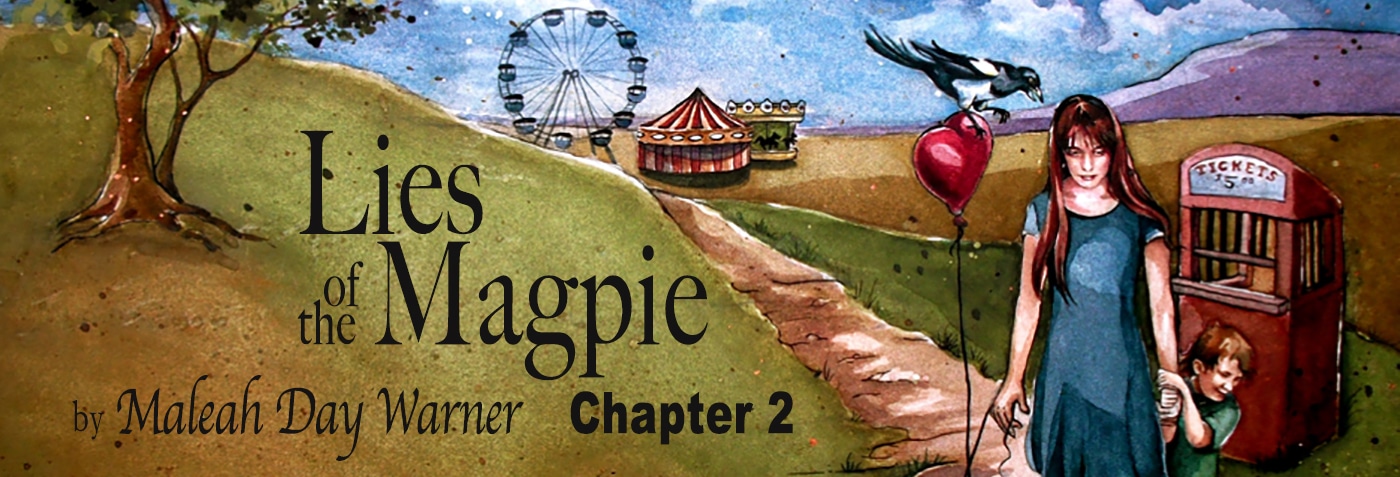Podcast: Play in new window | Download
Subscribe: Apple Podcasts | Google Podcasts | Spotify | Email | RSS | More
Ep. 29 The White House
When I think back about the year after Kate’s birth, my memories come with the wonder of Dr. Jeckyl and the taint of Mr. Hyde. I was genuinely happy; I wasn’t faking happy. I wasn’t “happy on the surface and sad underneath.” I was happy to the marrow of my bones happy. I experienced joy I didn’t know possible. I had never before known how having children in my life could be so magical.
Danny thrilled me. He was smart, inquisitive, playful, and interactive. He learned quickly, could recognize alphabet letters, learned new sounds daily. He loved dogs and begged to watch Disney’s 101 Dalmatians on VHS every day. We dressed him as a spotted Dalmatian for Halloween.
Kate was the most beautiful baby, strawberry-shaped lips and rose petal cheeks. She was so pink and petite that no one ever mistook her for a boy. She was tiny and strong. She could lift and turn her head a few days after birth and she learned to roll, scoot, and crawl quickly. When she discovered her laugh, it came out hearty and full from deep in the belly, which made her, and the rest of us, laugh harder. Every day she smiled and laughed and flapped her arms the moment Aaron came in the door from work, knowing he would play with and tickle her.
In November, when Kate was six weeks old, nearly all of our family came from Utah for her baby blessing. (A baby blessing is the Mormon version of a Christening, but without the baptism and Godparents.) Even my brother Kevin made the ten-hour drive, which was miraculous because his health seemed to be getting more fragile.
Kevin was eight years older than me, two years older than Annice. He had turned 33 days before Kate’s birth. He had Down’s Syndrome and a hole in his heart (a common complication of Down’s Syndrome which doctors repair today, but not in 1966 when Kevin was born.). His mind was sharp, but his holey heart struggled to pump enough oxygen to his extremities. After the long drive, his fingers and toes were dark purple. When he arrived at my apartment door, he enveloped me with the largeness of his hug and an exuberant Hello!
“Con-grat-u-la-tions,” he pronounced each syllable deliberately.
“Do you want to meet your niece?” I asked.
He sat on the blue loveseat, situated his body, positioned his arms into the shape of a cradle and smiled up at me, ready to receive this marvelous package. I balanced Kate in his arms steadying her head on his crooked elbow.
“She is beee-au . . . bee-au . . . bee-au-ti-ful.” It took three tries to get his favorite word to come out the way he wanted. He leaned down and kissed her forehead.
(Continued on the Audio. Click Play Button Above)
Listen to the rest of Ch. 7. Click Here.
Listen to Ch 6 HERE

